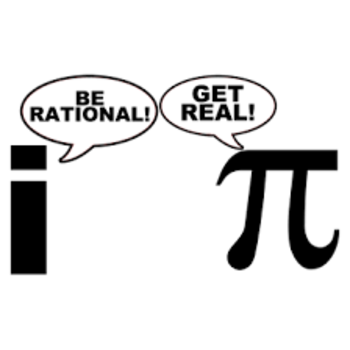How do you find the molar mass of dihydrogen dioxide?
2 Answers
Add up the atomic weights of each constituent atom.
Explanation:
A mole is a unit-molecular weight (grams/mole in this case) of an Avogadro's number of molecules or atoms. It is calculated for a molecule by adding up the individual atomic weights of its constituent atoms.
“Dihydrogen dioxide” means two (2) hydrogens and two (2) oxygen atoms. Looking up the atomic weights on the Periodic Table of the Elements we obtain 1.0 for hydrogen and 16 for oxygen. Thus the total molecular mass will be
Explanation:
Dihydrogen dioxide is just a really fancy name for the common compond hydrogen peroxide (
To determine the molar mass of any compound, go to ther period table and look at the elements atomic mass average (i.e Oxyagen has an atomic mass average of approximately
By using the period table and knowing that hydrogen peroxide of dihydrogen dioxide have 2 hydrogen atoms and 2 oxyagen atoms, we can calculate the molar mass.
Note: Some tables differ slightly by the atomic mass average


